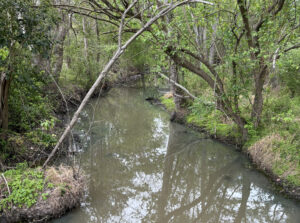News
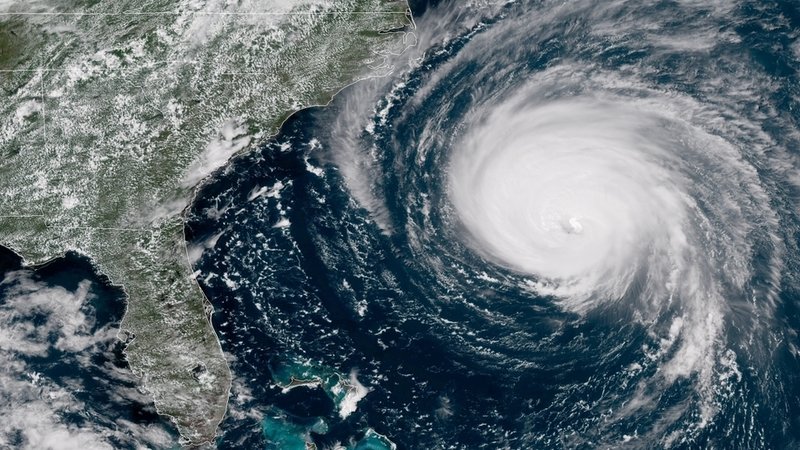
Hurricane Florence as it approaches the eastern US
 As if we didn’t already have enough to worry about, Hurricane Season has officially arrived. For the fifth year in a row, we have seen several named storms before the official start of the season; a side effect of climate change. Unfortunately, scientists are predicting this year to be a very active season. Growing up on the Gulf Coast, I am well versed in hurricane preparedness as well as the damage they leave in their wake. In New Orleans, the main concern was flooding. Of course, a very rainy day or two could also flood parts of the city, but not to the detrimental amount caused by Hurricanes. New Orleans is also not the cleanest city, so stormwater from flooding, though pumped or drained into the Mississippi River, creates a “soup” of bacteria and other nasty components that one really doesn’t want to think too hard on. This creates not only an environmental problem, but also a public health problem.
As if we didn’t already have enough to worry about, Hurricane Season has officially arrived. For the fifth year in a row, we have seen several named storms before the official start of the season; a side effect of climate change. Unfortunately, scientists are predicting this year to be a very active season. Growing up on the Gulf Coast, I am well versed in hurricane preparedness as well as the damage they leave in their wake. In New Orleans, the main concern was flooding. Of course, a very rainy day or two could also flood parts of the city, but not to the detrimental amount caused by Hurricanes. New Orleans is also not the cleanest city, so stormwater from flooding, though pumped or drained into the Mississippi River, creates a “soup” of bacteria and other nasty components that one really doesn’t want to think too hard on. This creates not only an environmental problem, but also a public health problem.
Here on the Atlantic Coast, we see the same problems, but they are presented in a different way. Flooding caused by hurricanes is more commonly riverine flooding. When our rivers flood, they destroy homes, businesses, etc. When they recede, however, they wash bacteria, metals, and other pollutants into our waterways. While I consider it better than a “soup,” it is still a very serious problem for our already struggling river systems.
Along with issues from flooding and stormwater, we have seen time and time again major failures to our wastewater treatment systems. Sewer spills are already a big problem across our state. Old and inadequate sewer systems in need of major updates spill sometimes thousands of gallons of untreated human waste into our waterways. Havelock in particular has been experiencing major spills just from a heavy rain or several days of rain. They are not the only city in our state with these issues, but near the coast, where hurricanes and major storms are common, this is an even bigger problem.
During Florence several wastewater treatment facilities were actually inundated, sending millions of gallons of raw waste straight into our rivers. Facilities that weren’t flooded still had system failures that sent hundreds of thousands of gallons of waste to our streams and rivers. In some areas closer to the coast that suffered river flooding, it isn’t even known how many spills occurred or how many gallons were released.
Just as hurricanes were a regular part of my life growing up on the Gulf, they are a regular part of life here on the Atlantic. When major storm events are not only predictable, but expected, and the damage they cause is well understood, we should be doing what we can to lessen those impacts. As we have been seeing, hurricanes are becoming more frequent and more intense. It is well past time for wastewater infrastructure to become a priority. All across the state and here on the coast, municipalities need to be investing in upgrading our existing sewer systems. We cannot change Mother Nature, but we can find ways to work with her to preserve our towns and communities.
While I know the anxiety that can accompany thinking about the 2020 Hurricane Season, I also want to assure you that myself and Sound Rivers other Riverkeepers are here for you. We’re working all year long to advocate for policy changes that will keep your communities safer from flooding. And in the event of a severe storm in our region, we are committed to keeping you up to date on flooding and other concerns before, during, and after the weather event.
Katy Hunt, Lower Neuse Riverkeeper
Related News
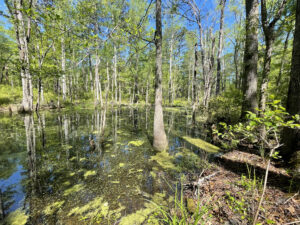
Tell NC to restore wetlands protections!
April 19th 2024
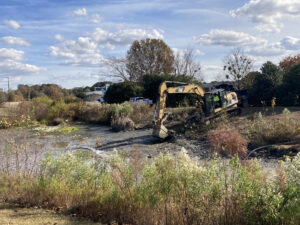
Position available: Stormwater Education Coordinator
April 18th 2024
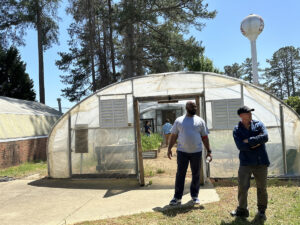
Southern Nash next in line for stormwater projects
April 18th 2024
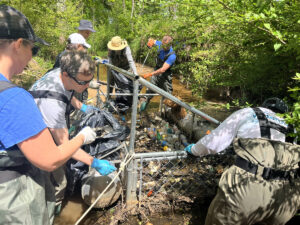
Xylem, Sound Rivers team up for cleanup
April 18th 2024
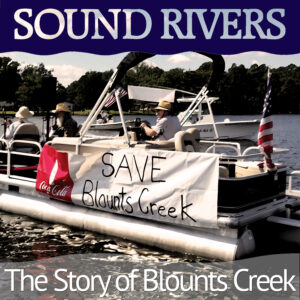
Sound Rivers launches new podcast
April 18th 2024
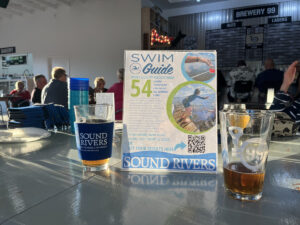
Swim Guide gearing up for a seventh season
April 11th 2024
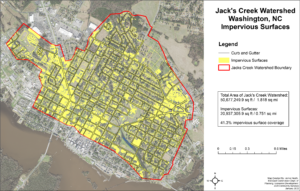
Feedback needed for Jack’s Creek plans, projects
April 11th 2024
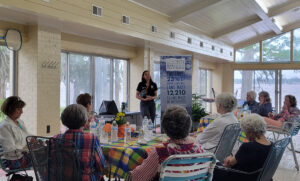
Pamlico-Tar Riverkeeper talks water quality
April 11th 2024
